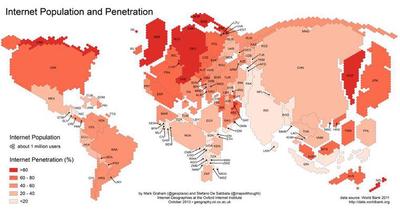Information Visualisation
This module focuses on information visualisation as an effective approach to both analyse and communicate quantitative and qualitative information. In first and second year you learned how to analyse information collected in various forms (from census data to interview transcripts, from sample measurements to remotely sensed data), using methods such as content analysis, statistics, and spatial analysis. In this module, you’ll learn how visualisation can be used both to explore your data and to communicate your findings.
Information visualisation methods are becoming more and more relevant in academic writing and science communication, as well as in the field of data science. This module will introduce you to various design principles and provide the necessary skills to create effective and novel visualisations of diverse data types. The lectures will cover the fundamental principles of visual perception, visual variables, symbolisation, and elements of cartography.
The practical sessions will focus on visualisation design practices and tools that can be used to create effective visualisations, as well as the creation of maps using geographic information systems tools.
Topics covered
- Information visualisation principles and visual variables
- Effective visualisation design and validation
- Visualising proportions, relationships and statistics
- Visualising qualitative data
- Visualising network graphs
- Thematic mapping
